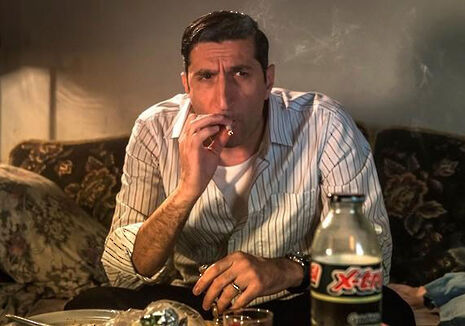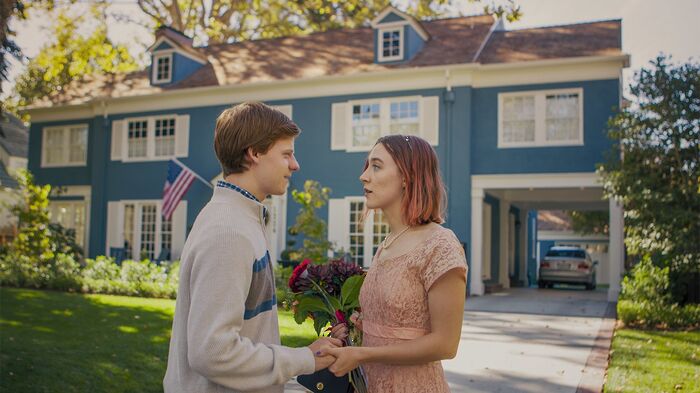The Nile Hilton Incident review: ‘incessantly dour’
Largely uninspired by a relatively dull narrative, Hugh Oxlade reflects on a thriller in the heart of Cairo

Critics have euphemisms for films like this one. It is ‘atmospheric’, ‘intimate’, ‘earthy’, ‘gritty’, and ‘unflinching’. It is indeed all those things, and yet it also not very good.
Our protagonist is a cop in Cairo. He abuses his authority, takes kickbacks, and is not afraid to torture suspects. On the other hand, he occasionally looks after an infirm father, is trying to get to grips with social media, and smokes cannabis. He is about as original and compelling as an inert lump of granite, a situation not helped by his performer Fares Fares’s dazzling lack of range when it comes to facial expressions. There was never much hope of being fascinated by a character who spends quite literally the entire film with an air of haggard blankness, eyelids half closed, mumbling and vacant.
“When the revolution comes, it barely changes anything”
The film has about an hour’s worth of actual plot, hardly anything more intriguing than that which might be found in a standard television detective drama, but certainly not devoid of merit. The problem comes from this hour’s worth of plot being spread across a film lasting 111 minutes.
The Nile Hilton Incident had the benefit of the doubt before its protagonist, and therewith the film itself, was waylaid by a nightclub singer, triggering a romance which was the very opposite of whirlwind. After this, the tale of murder and corruption moved forward in fits and starts, interrupted by pointlessly lingering scenes of our protagonist driving around Cairo and an exorbitant cast of characters spending time on screen for no particular reason.
The film rather lends itself to being damned with faint praise. It is well shot, particularly in the case of scenes in Cairo’s building sites. It has a fine score, electronic washes giving the grim mood some suitable oppressiveness. During the precious few scenes in which we are reminded of the imminent onset of revolution, there is an eerie sense of foreboding.
For the most part, however, the film might as well have been set in country x at any given time during the past twenty years or so. When the revolution comes, it barely changes anything, and the film did not have the budget to make its scenes of violent turmoil seem momentous, nor the wit to craft a scenario in which the violence might have created an intense situation in a particular street, house, business, or police station.
The film’s tone is incessantly dour. A single moment of levity is provided by a half-decent joke about a satellite dish, but other than this there is only dust, misery, and murk. While there is sometimes beauty in the bleakness, it is more typically dispiriting without being devastating, and maudlin without presenting any particularly profound reflections on the human condition. Life is simply too short for such films, however ‘authentic’, ‘noirish’, ‘dark’, ‘cynical’, or ‘slow-burning’ they might be
 News / SU reluctantly registers controversial women’s soc18 December 2025
News / SU reluctantly registers controversial women’s soc18 December 2025 News / CUP announces funding scheme for under-represented academics19 December 2025
News / CUP announces funding scheme for under-represented academics19 December 2025 Features / Should I stay or should I go? Cambridge students and alumni reflect on how their memories stay with them15 December 2025
Features / Should I stay or should I go? Cambridge students and alumni reflect on how their memories stay with them15 December 2025 Fashion / The art of the formal outfit 18 December 2025
Fashion / The art of the formal outfit 18 December 2025 News / Dons warn PM about Vet School closure16 December 2025
News / Dons warn PM about Vet School closure16 December 2025









